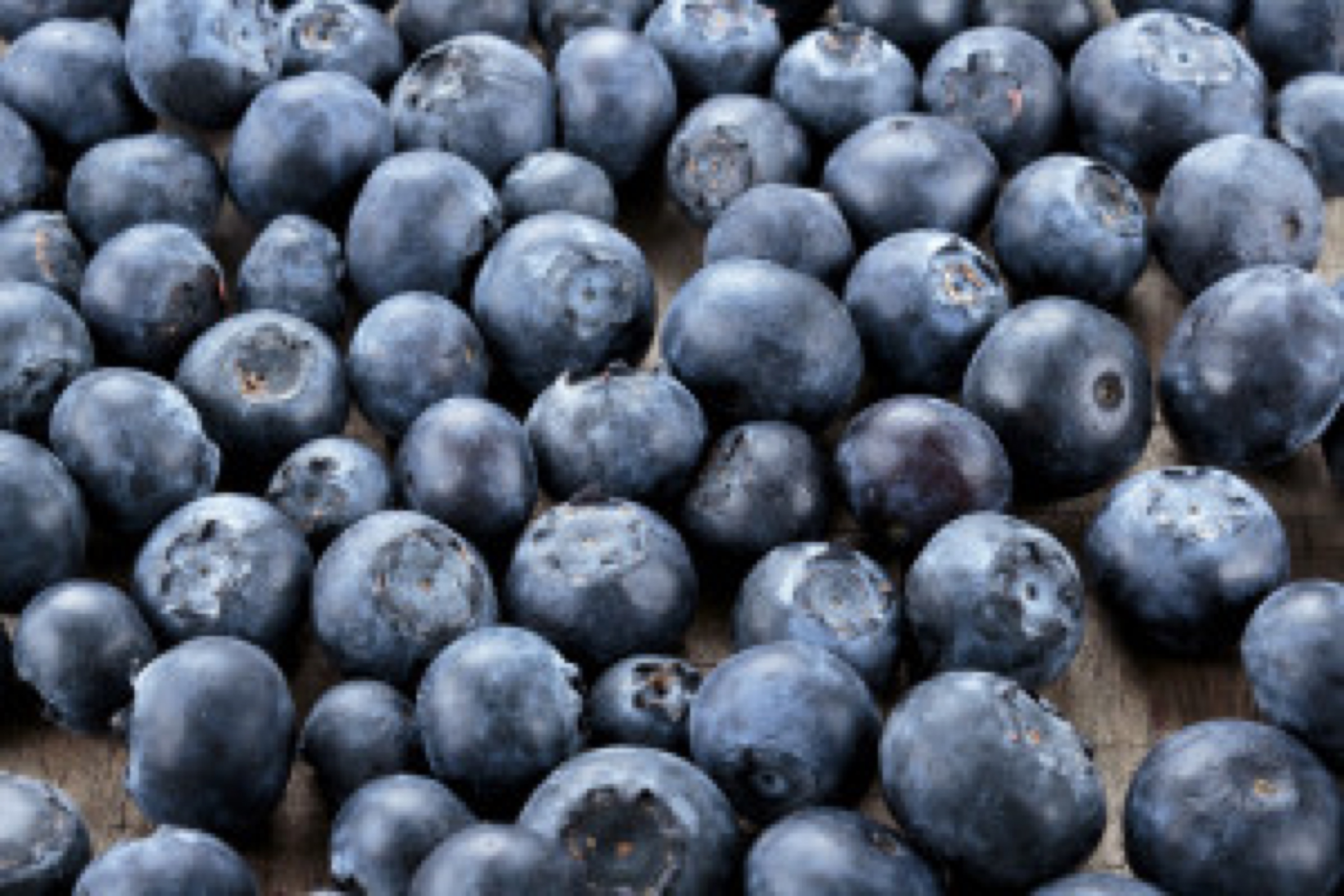Why Should You Feed & Nurture Your Hippocampus?
The hippocampus is the part of the brain most involved with our memory. It is a primitive structure deep in the brain that plays a very important role. There are other areas of the brain that important: the amygdala, the celebral cortex as well as the millions of cells called neurons. The more you use your memory, the more you will remember. When we use our memory it is the mental activity of storing, retaining and recalling information that we have learned or experienced.
Our memories can be short term or long term
The short term side is only meant to hold approximately 7 items at a time - such as a telephone number or a person's name you have just met. Although this varies from person to person, our short term memory allows recall for a period of several seconds to a minute. If we had to store everything from that short term memory indefinitely, we would soon be into memory overload. The long term memory is when we store information that is important to us.
These can be very large quantities of information for possibly unlimited duration. Some information we might remember our whole lifetime. Our long term memories can be personal information that is important to us such as a whole history about friends and family; all the different procedures which we use to do our job or profession; subject matter we have studied for an exam; factual data such as all the general knowledge we store; and repetitive tasks that we do so often we hardly even have to think about them.
There are 3 processes in using our memory
- Encoding where we receive process and combine the information we receive
- Storage where we create a permanent record of this information
- Retrieval where we recall this information in response to a cue
Do you feel that you could improve your own memory?
There are steps you can take to help:- By paying attention
- By working out whether you are a visual learner or an audio learner
- By involving all your senses
- By connecting new data to information you already have stored
- By organizing information
- By being able to understand and explain more complicated information
- By learning for an exam by using a technique called “over-learning”
- By being positive about your memory and not negative
What can we eat to improve our memory?
Studies have shown that there are nutrients that can both nurture and stimulate our brain function.- The B vitamins but particularly B6, B12 and folic acid make red blood cells which carry oxygen. Dark green leafy vegetables are a good source plus strawberries, melons, black beans, soy beans.
- Vitamins C and E plus beta carotene contain antioxidants that improve the flow of oxygen through the body and brain. Blueberries and other berries, sweet potatoes and red tomatoes are good sources.
- Omega-3 fatty acids aid our cognitive function. Oily fish, walnuts and flaxseed are good sources.
There are also healthy lifestyle habits that can help to improve our memory functionality. These are regular exercise, lowering stress levels, getting plenty of sleep and of course not smoking.
If we exercise our memory, ensure healthy lifestyle habits and make just a little extra effort, we can improve the carrying capacity of that very special computer in our brain - our memory.
Sources
Anand, K. S., & Dhikav, V. (2012, October-November). Hippocampus in health & disease: An overview. Annals of Indian Academy of Neurology, 15(4), 239–246
http://www.ncbi.nlm.nih.gov/pmc/articles/PMC3548359/. (Accessed, 2 October 2021).
Chan, R. W., Leong, A. T. L., Ho, L. C., Gao, P. P., Wong, E. C., Dong, C. M., …Wu, E. X. (2017, August 15). Low-frequency hippocampal-ocrtical activity drives brain-wide resting-state functional MRI connectivity [Abstract]. PNAS, 114(33), E6972-81
http://www.pnas.org/content/114/33/E6972.abstract. (Accessed, 2 October 2021).
Duboc, B. (n.a.). Short term-memory
http://brain.oxfordjournals.org/content/139/3/662. (Accessed, 2 October 2021).
Yassa, M. A. (n.d.). Hippocampus. Encyclopedia Britannica
http://www.ncbi.nlm.nih.gov/pmc/articles/PMC3106107/. (Accessed, 2 October 2021).



